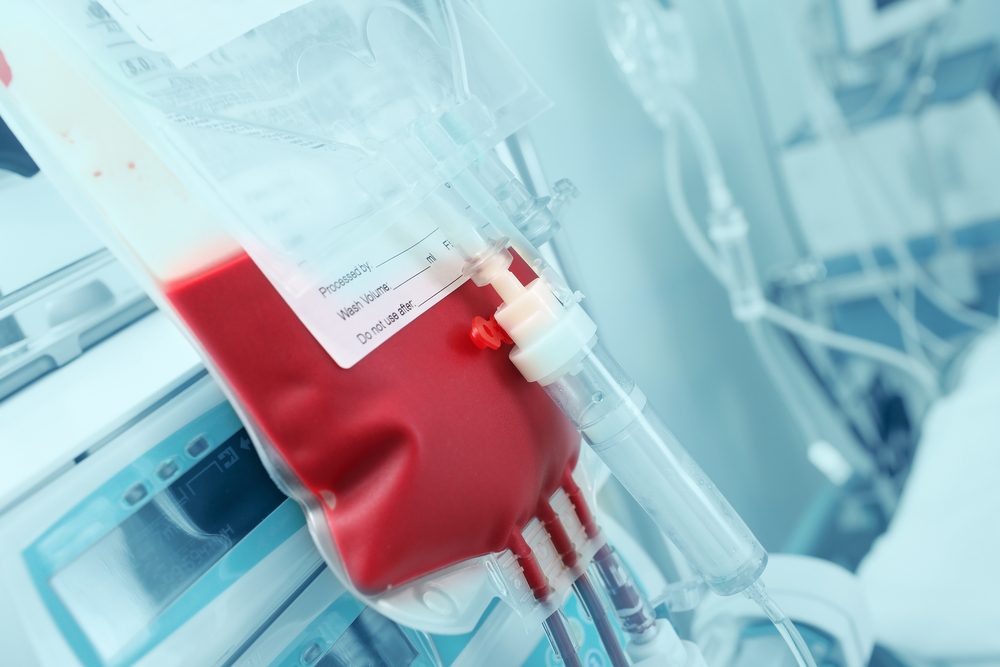Partners Seek to Educate About Pediatric Blood Transfusions
Written by |

To inform sickle cell disease (SCD) patients and their caregivers about blood transfusions, which are commonly used to treat the disorder, the Sickle Cell Disease Association of America (SCDAA) is launching a set of educational materials.
The pictorial booklet for children, and companion brochure for parents and caregivers, are sponsored by the medical technology company Hemanext.
The collaboration is part of the company’s partnership with the SCDAA, which began last spring. In addition to educational efforts, the alliance is focused on grassroots events and public awareness campaigns.
“During a review of our currently available educational resources, we identified the opportunity to help young sickle cell warriors prepare for their transfusions,” Beverley Francis-Gibson, SCDAA’s president and CEO, said in a press release. “We appreciate that Hemanext has stepped up to help us fill this information need and make a difference breaking the sickle cycle.”
Confusion or lack of knowledge about what transfusions are and how they work can lead to anxiety, the organization stated. The educational materials, which the SCDAA will make available to the SCD community, seeks to remedy that.
“It is a privilege to continue our partnership with Ms. Francis-Gibson and her dedicated team at SCDAA, the premier sickle cell organization,” said Martin Cannon, Hemanext’s president and CEO. “We are committed to helping SCDAA achieve its mission and enhance the lives of members of the sickle cell community.”
Around 100,000 U.S. residents are affected by SCD, an inherited blood disorder that causes painful and sometimes life-threatening complications such as stroke. To help ease symptoms or prevent complications, patients often require red blood cell transfusions.
These transfusions are used to provide patients with normal red blood cells to help lessen anemia and lower the viscosity of their blood, allowing it to flow more freely. The procedures are not without risk as they can lead to complications of their own, including immunological reactions and iron overload (excessive iron buildup in the body).
The Hematology Society released new clinical guidelines last year on the use of blood transfusions in SCD. The guidance provides direction on the specific indications, administration mode, prevention, and management of complications associated with transfusions.





